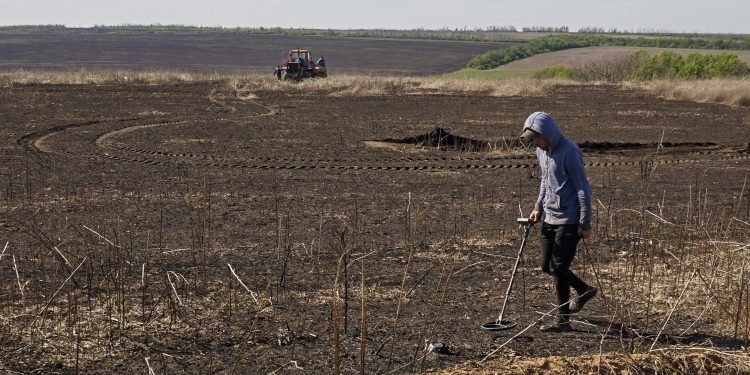Despite the ongoing conflict with Russia, Ukraine’s agricultural sector has displayed remarkable resilience and innovation to sustain its critical role as a global food supplier. Faced with disrupted trade routes, damaged infrastructure, and increased logistical challenges, Ukrainian agribusinesses are finding new ways to overcome adversity, ensuring the continuity of production and exports.
Challenges Impacting Logistics
The war has severely impacted Ukraine’s traditional agricultural logistics, particularly:
- Black Sea Port Blockades: The Black Sea, a primary export route for grains and oilseeds, has been heavily restricted, forcing Ukraine to rely on alternative pathways.
- Damaged Infrastructure: Warehouses, silos, and transportation networks have been targeted or destroyed, disrupting supply chains.
- Rising Costs: Shifting to rail and road transportation has led to increased operational costs, affecting competitiveness in global markets.
Strategic Innovations and Solutions
Ukrainian agribusinesses are tackling these challenges with bold investments and creative solutions:
1. Infrastructure Investments
- Kernel, a leader in sunflower oil production, invested over $85 million in logistics improvements, including $65 million for cargo terminals and $20 million for its fleet during the conflict.
- Agrain Agroholding enhanced its grain logistics by building a 200-meter railway branch at the Service Grain elevator in Odesa, enabling the shipment of 30 wagons daily and reducing transport costs.
2. Alternative Export Routes
- In August 2023, Ukraine launched a new shipping corridor along the Black Sea’s western coastline, protected by NATO-aligned territorial waters.
- Land and barge transport through Danube River ports and the Romanian port of Constanta have become vital for maintaining export levels, reaching up to 5 million tons of grain monthly—close to pre-war volumes.
3. Innovative Storage and Processing
- Adelaide, with support from USAID and Ukreximbank, built a 10,000-ton potato storage and processing facility in Zhytomyr, adding value through cleaning and vacuum packaging to meet international standards.
- Flexible storage solutions, such as mobile silos, have helped mitigate the loss of permanent facilities.
Success in Numbers
Ukraine’s agricultural exports have demonstrated resilience:
- Grain shipments have approached pre-war levels, ensuring a steady supply to global markets.
- The sector’s adaptability has helped mitigate the food insecurity risks posed by the war, particularly in regions dependent on Ukrainian agricultural products.
Outlook for the Future
As Ukraine continues to navigate the challenges of war, its agricultural sector stands as a testament to innovation under pressure. By investing in infrastructure, leveraging alternative trade routes, and adopting advanced storage solutions, the country is not only maintaining its role in the global food supply chain but also paving the way for long-term resilience and growth.
Ukraine’s ability to adapt and innovate in logistics underscores the importance of agility and collaboration in ensuring food security during times of crisis. As the sector builds on these achievements, it sets a model for other nations facing disruptions in global supply chains.























